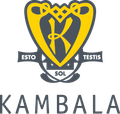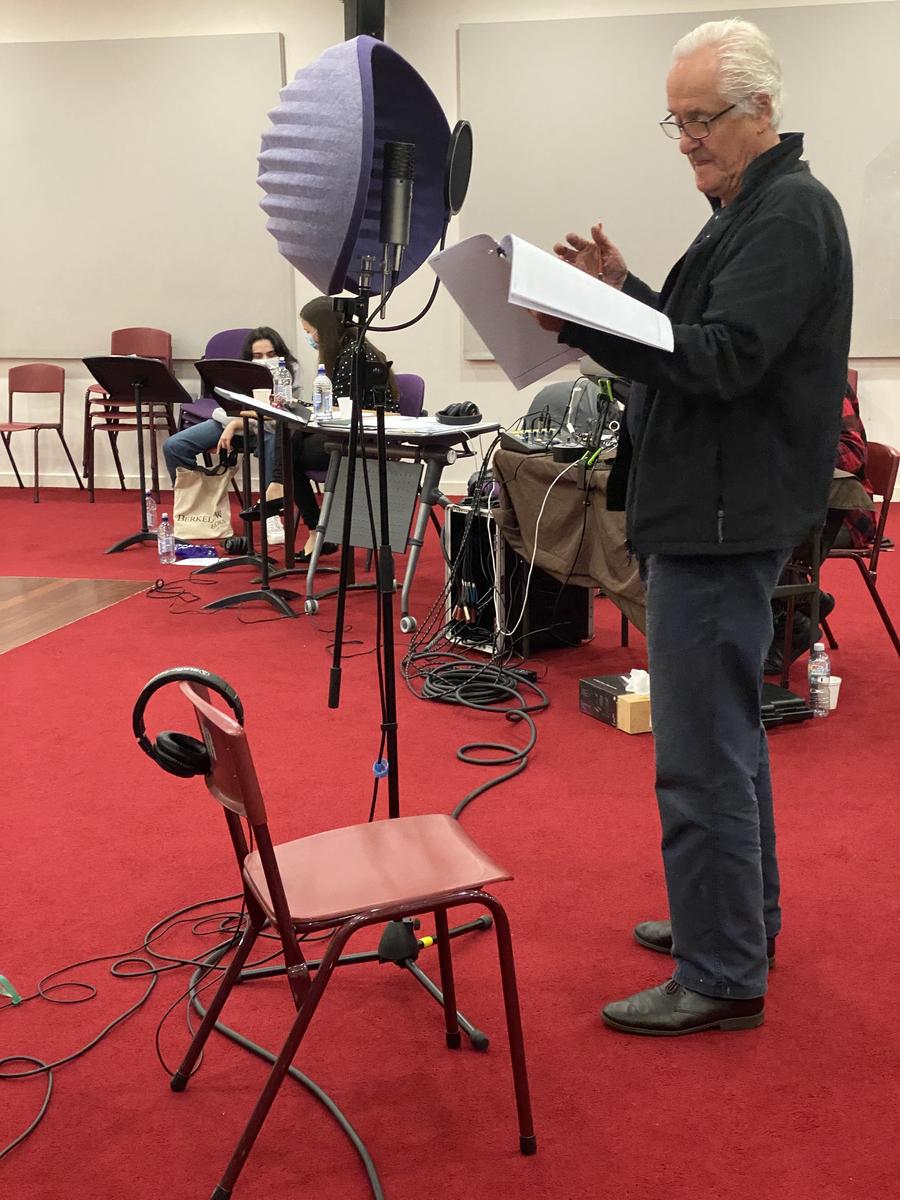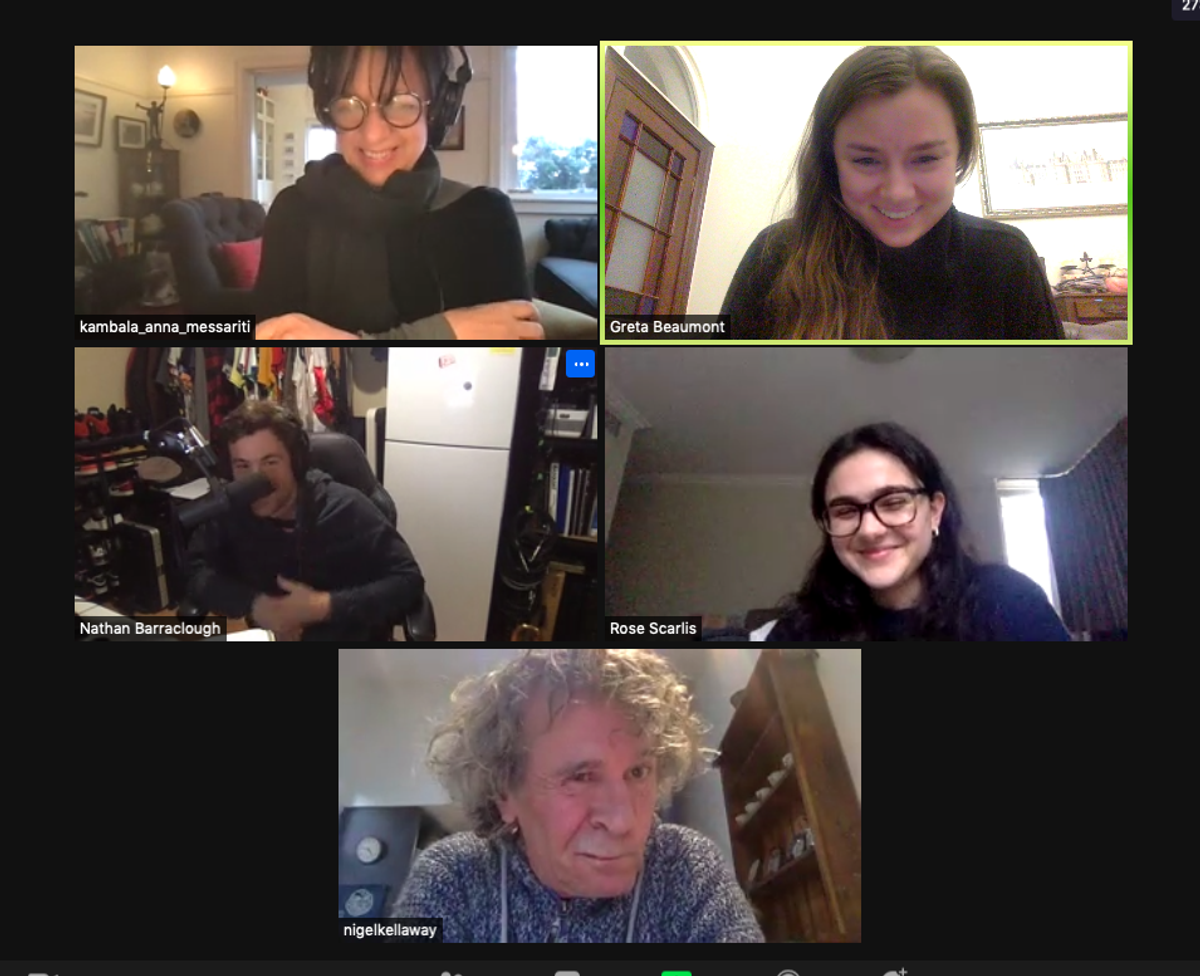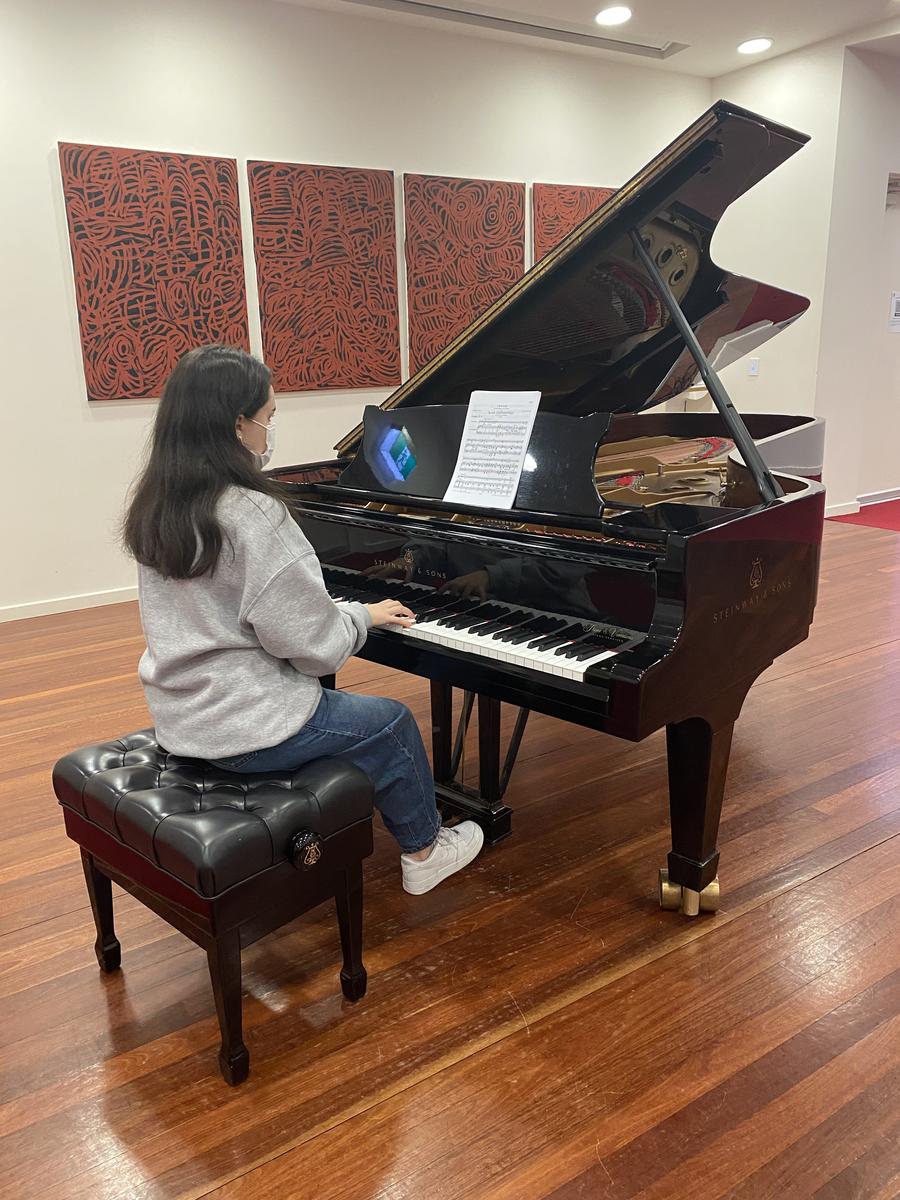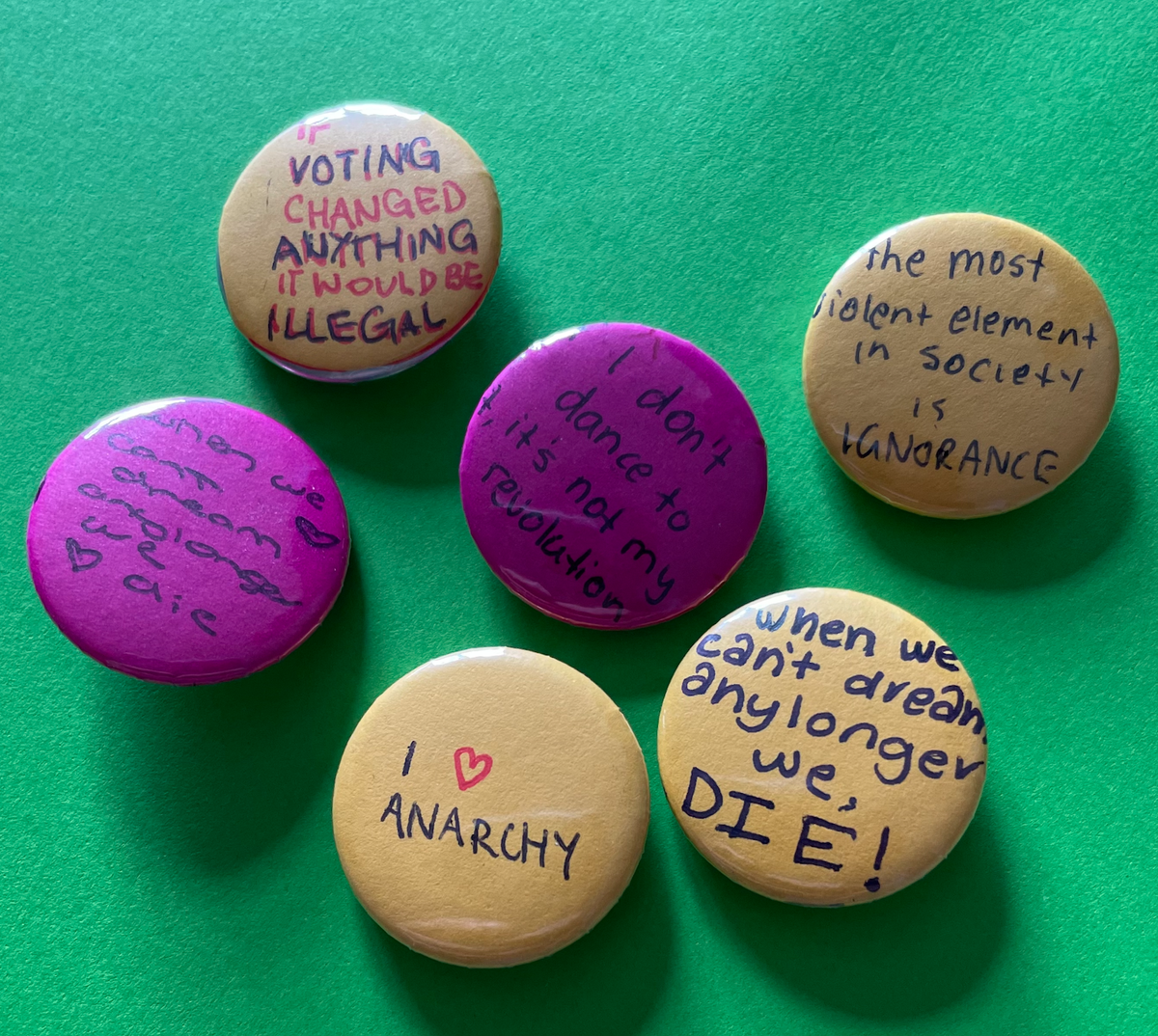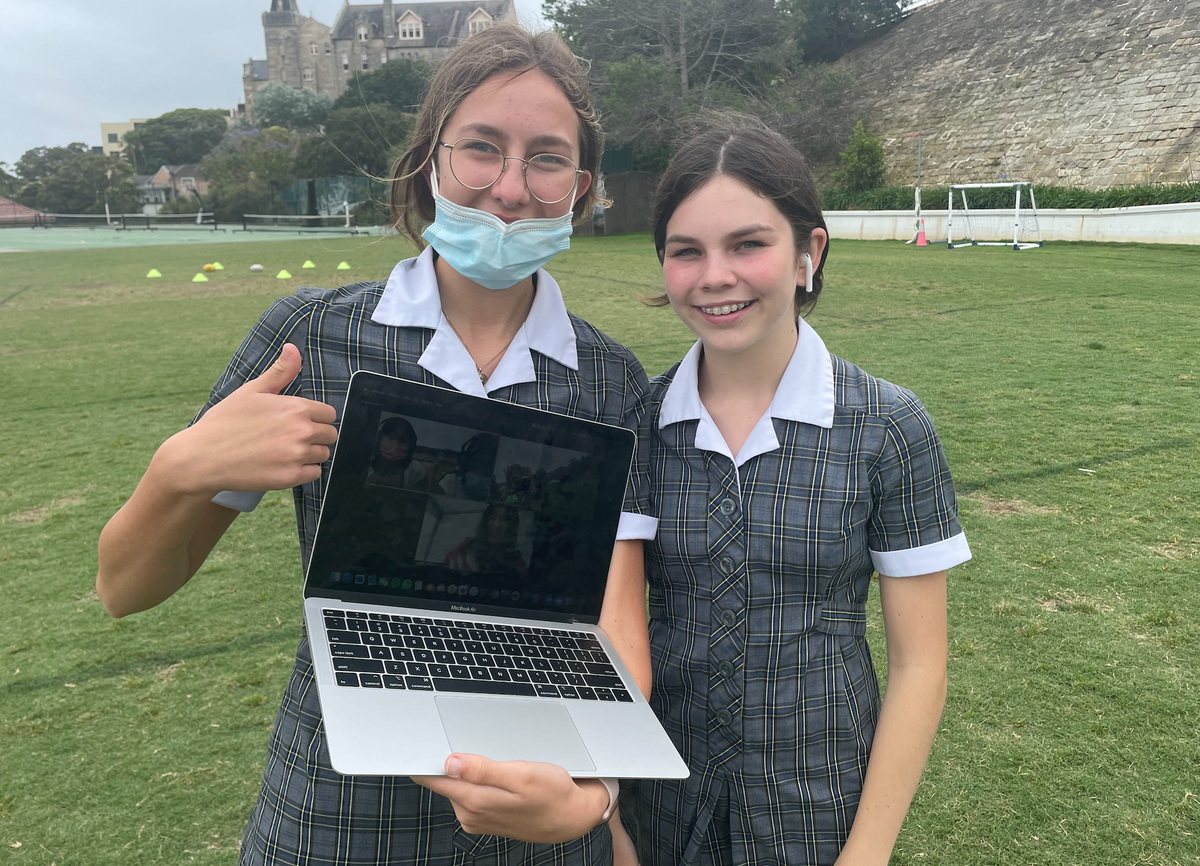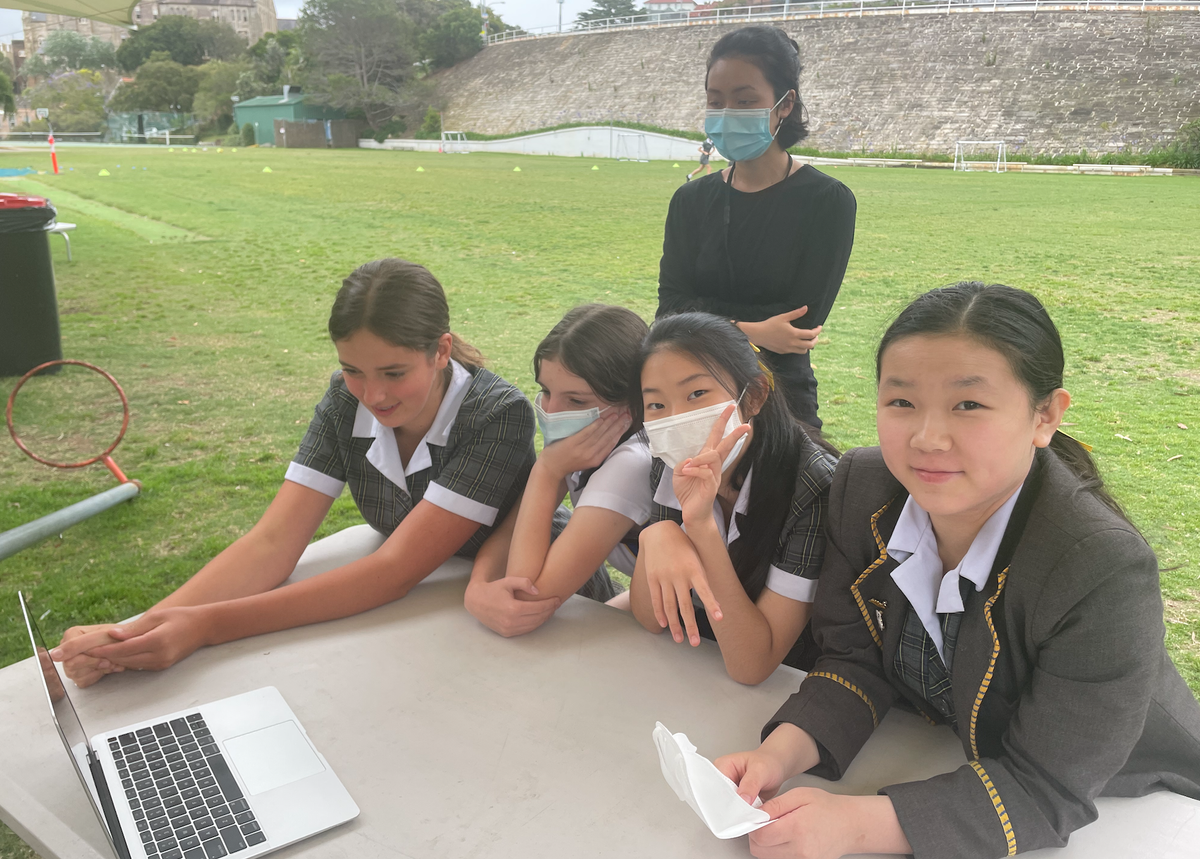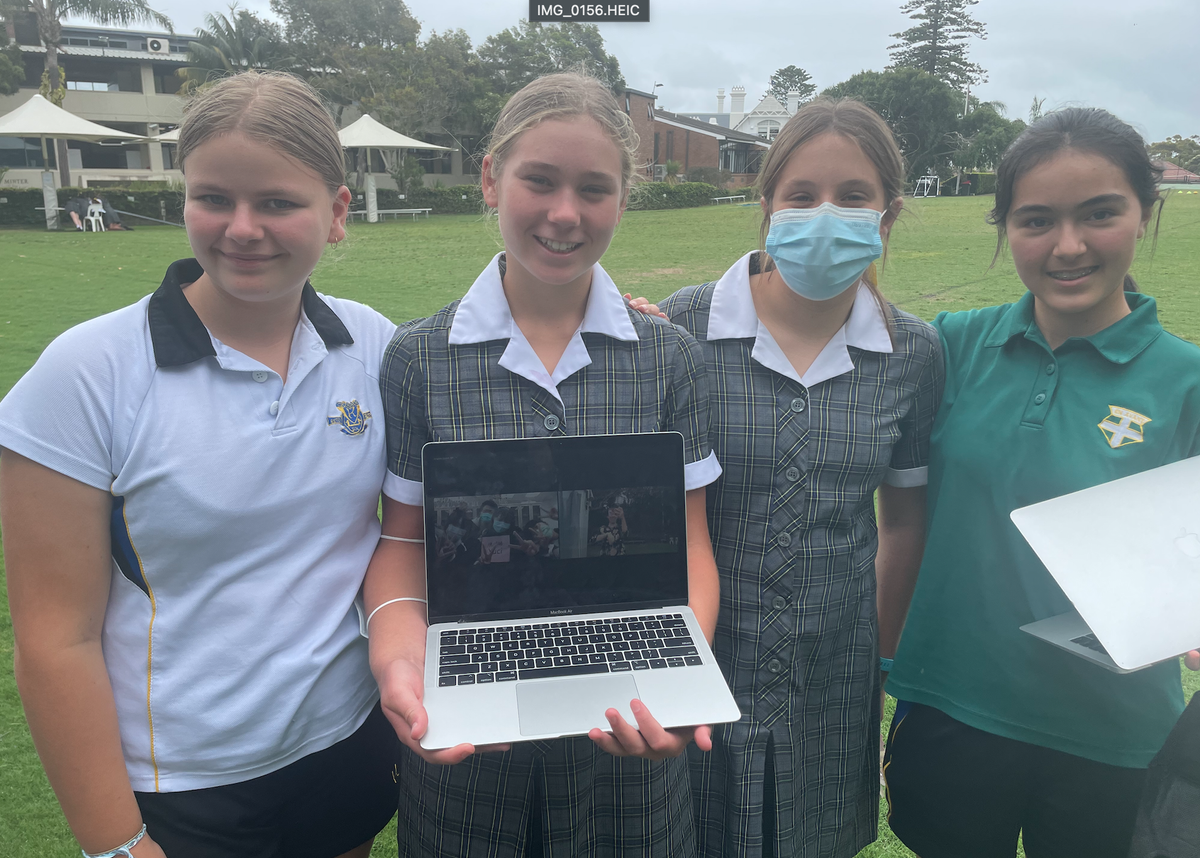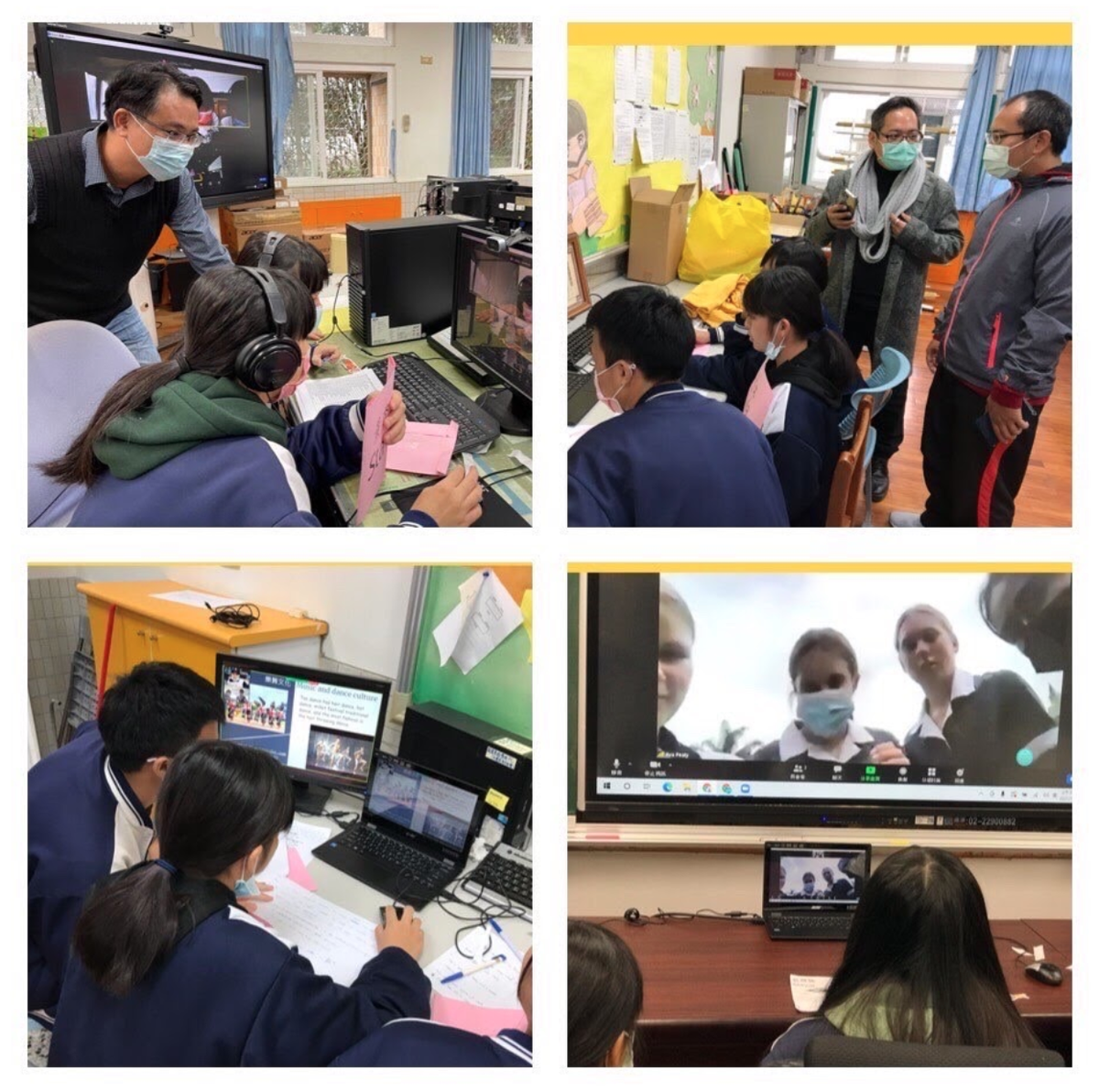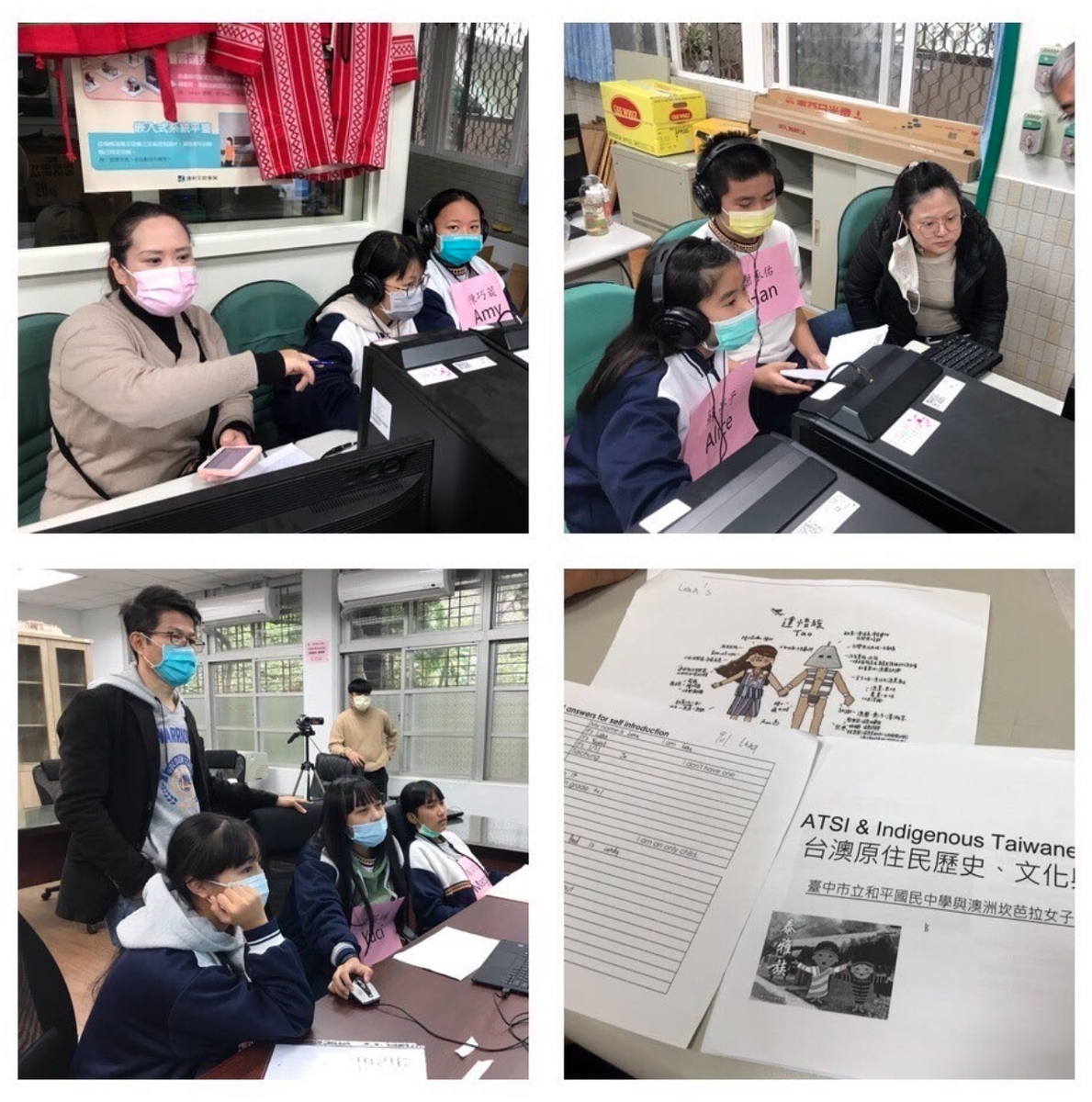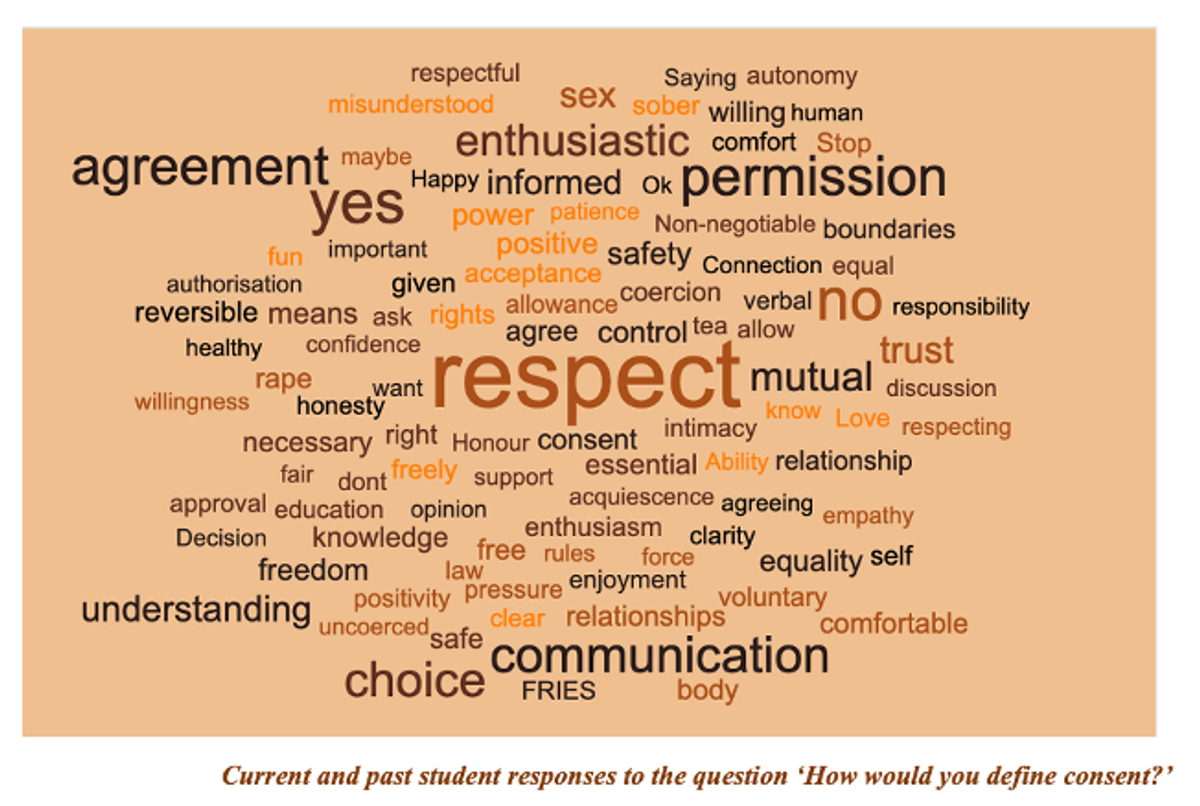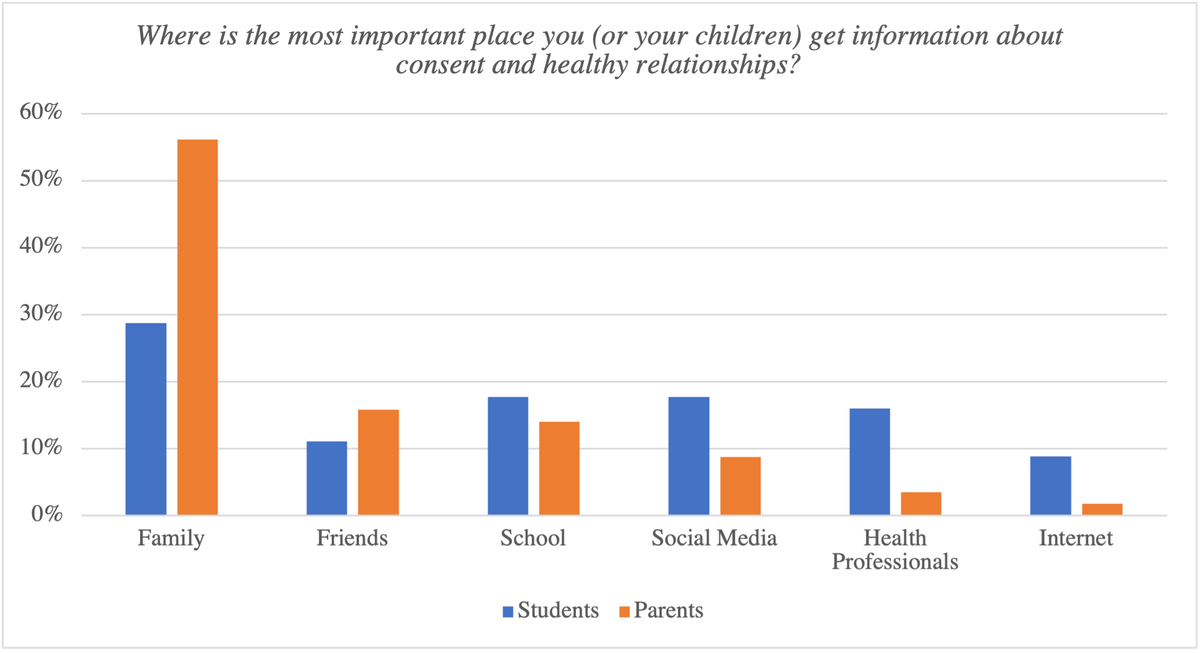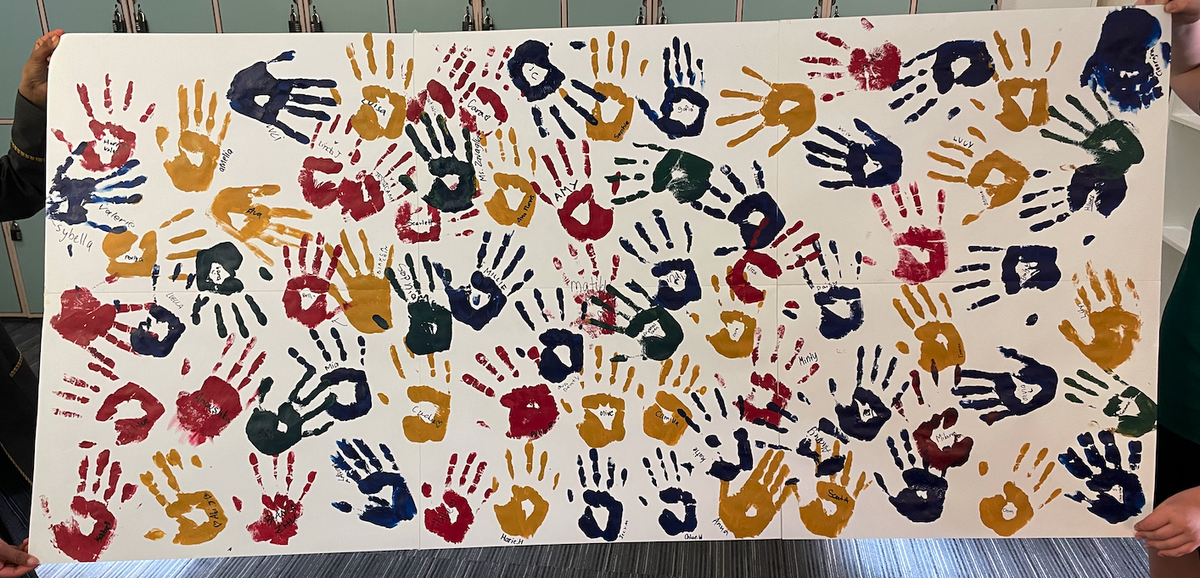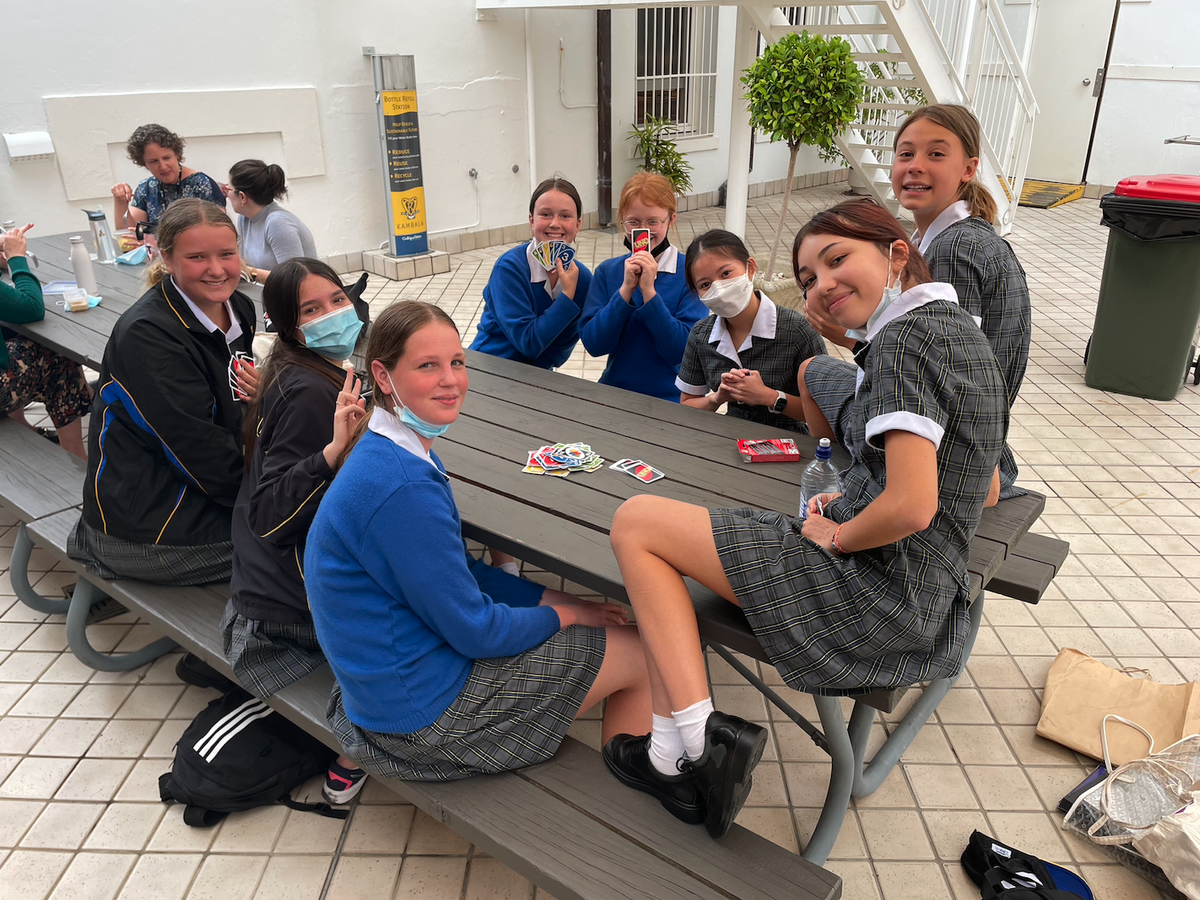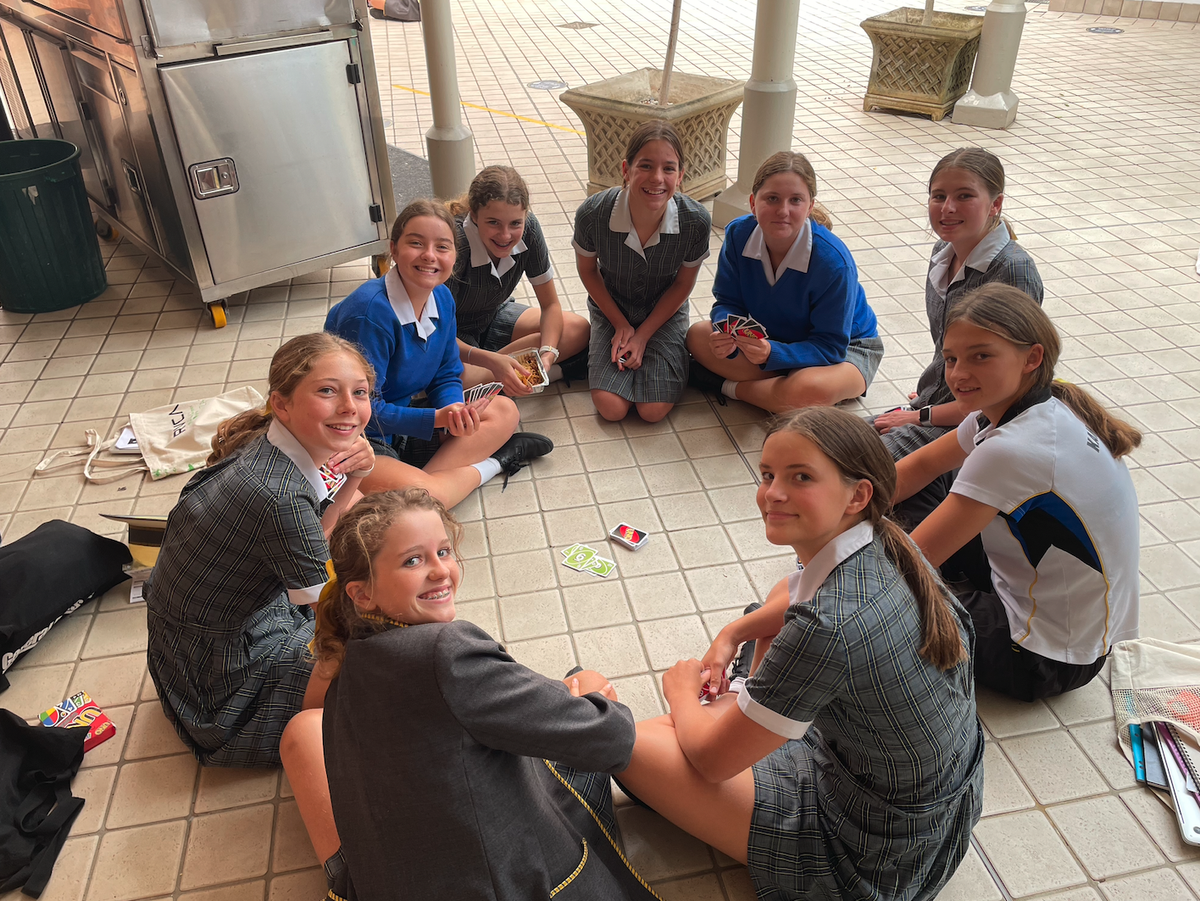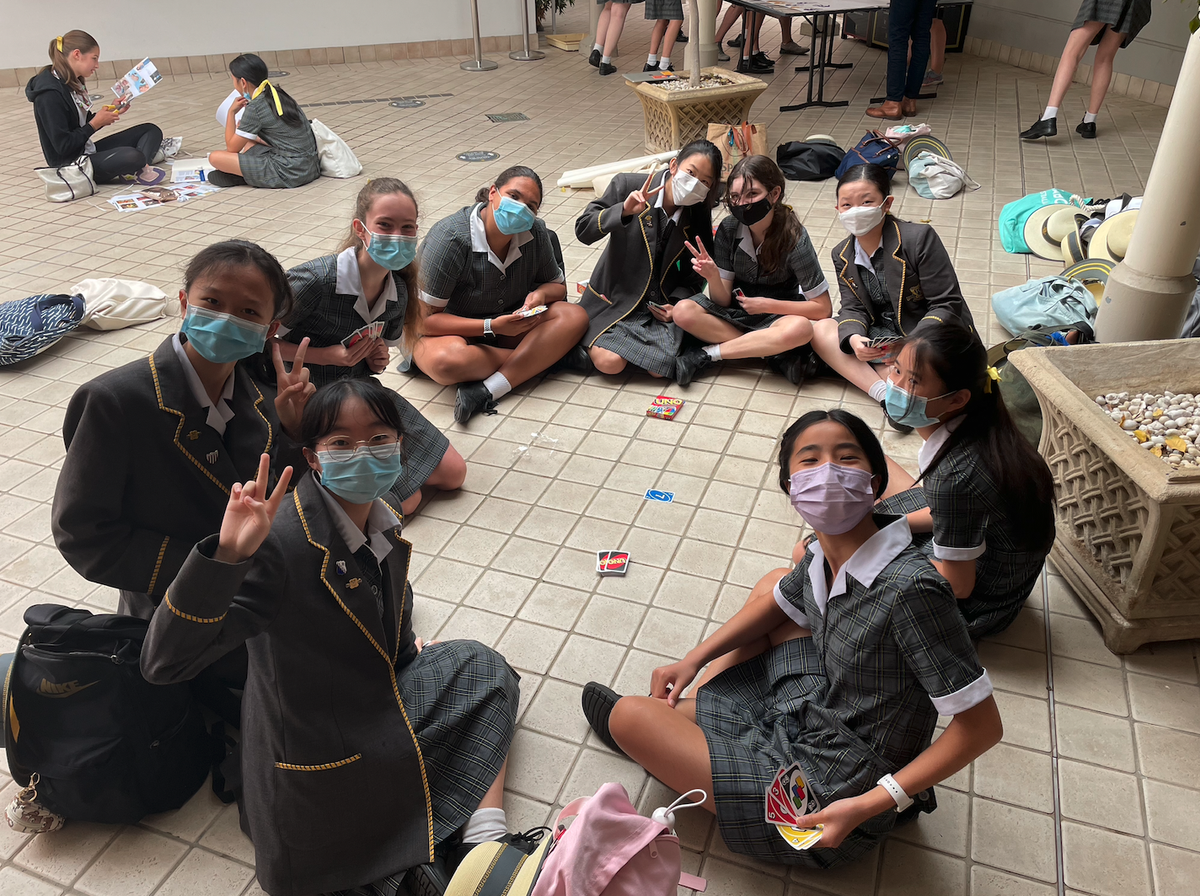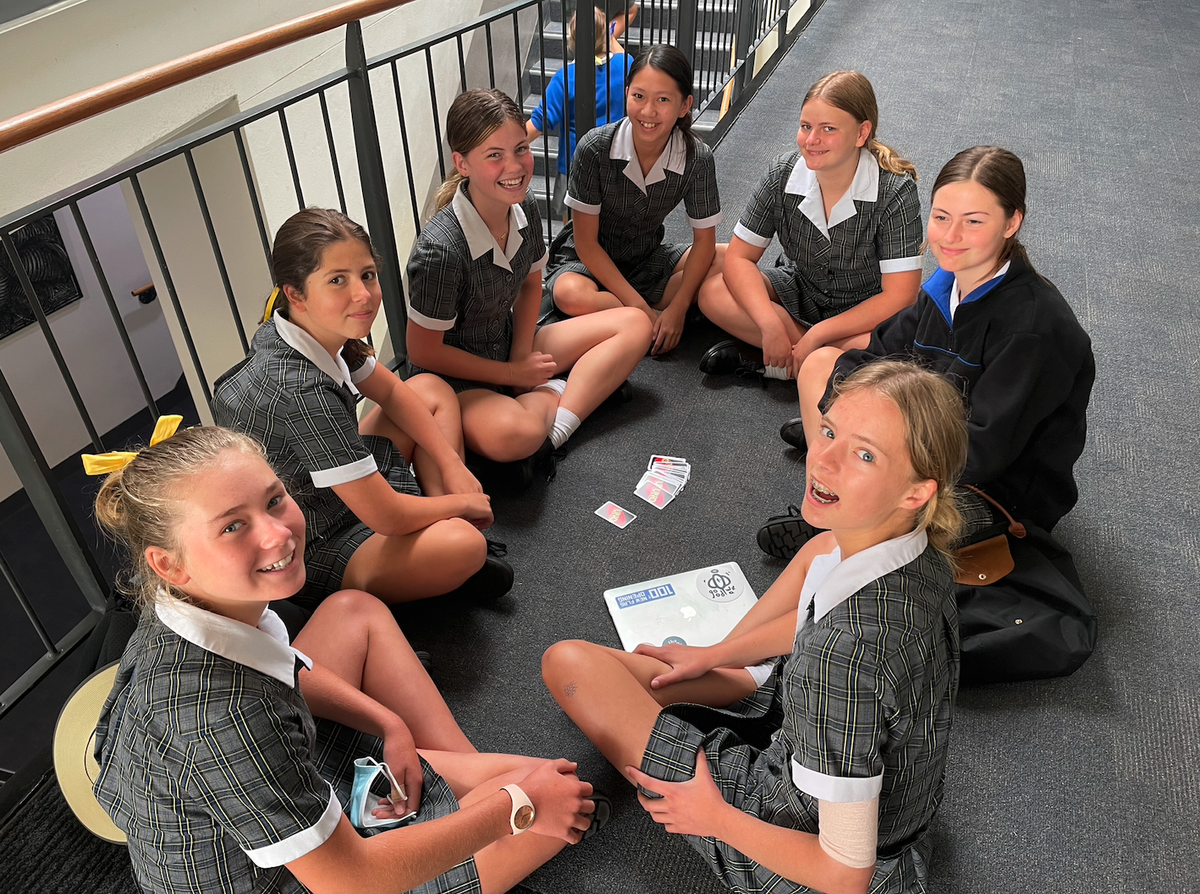Senior School
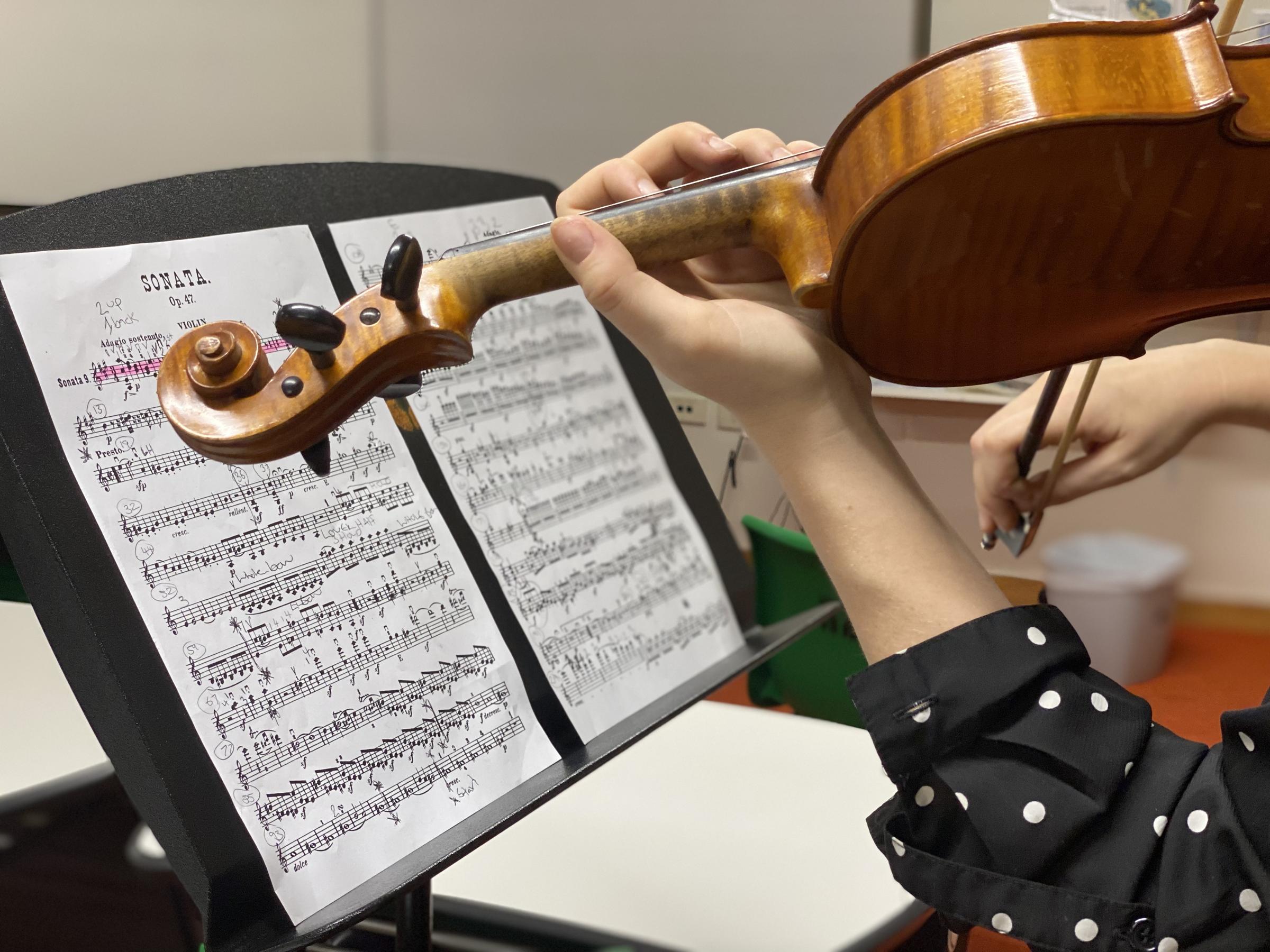
Thank You!
Katherine Mar, Head of Senior School
Thank you to students, staff and parents for working together as we navigated a remote learning period and a return to school. With less than two weeks left until the end of Term 4 and the completion of 2021, we look forward with hope that Sport, Music, Drama and the full suite of co and extra-curricular activities offered at Kambala will be able to resume in 2022.
While we look forward to a fresh start in 2022, our school days remain busy, with Year 12 reaching the end of HSC examinations and our IB students having already completed their examinations.
Academic studies and programs are continuing in Years 7 to 11. Year 11 have been transitioning into Year 12 and will take up the mantle as our Senior Leaders in the School. Meanwhile, Year 10 have been participating in a special program supporting their transition into Year 11.
The Senior School will have the opportunity to recognise student achievements at our School Merit and Awards Assemblies. As a whole school community, I look forward to our Annual Speech Day and the presentation of awards in Junior and Senior School.
Thank you for your patience and understanding as we continue to work with Level 3 restrictions. The School continues to keep doors and windows to classrooms open to ensure good ventilation as per NSW Health advice. Public Health Orders require that students and staff continue to wear masks onsite while indoors. Please ensure that your daughter comes to school with a mask to wear. Full school uniform is to be worn as usual, without jewellery. We have had very changeable weather, and your daughter should bring her blazer to School rather than a sports hoodie or fleece.
Thank you for your support and cooperation in the last two weeks of Term. I would like to take this opportunity to wish all Kambala families well for the remainder of the year.
A Battle Between COVID-19 Restrictions and Determination Saw a Win for English Student Major Work
Greta Beaumont, English Teacher
Refusing to let COVID-19 restrictions impact upon the completion of her English Extension 2 Major Work, Rose Scarlis (Year 12) and her team of supporters mounted a mammoth ‘moveable feast’ of a guerilla recording operation to ensure that Rose’s podcast (sub category – Radio Drama) would result in a polished final product.
Rose’s script, a hybrid work that collapses conventional artistic forms of the sonnet and sonata, follows the attempts of an actress to reclaim female artistic expression and resist the archetype of the muse and the dissembling Petrarchan blazon. But, with COVID-19 restrictions in full force, we were forced to reimagine the conventional process of rehearsing, recording, compiling and editing within these parameters.
With shifting rules surrounding travel, access to school and what was considered essential, we faced many uncertainties and very limited windows of opportunity to record the work. At times, applying for illness and misadventure seemed like the only option, but we were not defeated.
Determined to bring Rose's script to life, we condensed a mammoth process into weeks. With only three full days to complete recording on site, the audio was recorded through a combination of makeshift studio, Zoom rehearsals, virtual music ensembles and the help of student sound engineer, Nathan Barraclough, from SAE.
More complexities emerged, requiring us to courier a microphone and equipment in and out of LGA’s in lockdown to record one actor completely via Zoom, to compile and edit remotely via Zoom screen sharing, and for Rose and I to learn one of Beethoven’s most difficult sonatas. The volunteer actors weren’t able to meet live during the process, and the irony of trying to create a naturalistic and authentic setting of an ensemble rehearsal space in a highly controlled manner was not lost on us.
However, the final product was a testament to the process of collaboration and the performing arts skills and multidisciplinary expertise of Rose and those involved. The medium itself became the enduring message – that the Arts are a site for expression, critical inquiry and innovation, as evidenced in Rose’s work.
I extend my gratitude and acknowledgement to the wonderful Anna Messariti and her production expertise, without whom this project could not have been completed.
Anarchy in Year 10
Fiona Isaacs, Philosophy Teacher
As part of their studies in political philosophy, Year 10 Philosophy students have been examining the underlying beliefs and practical expressions of anarchy. The class explored the Zapatista movement in Southern Mexico, and were inspired by the uprising of the people of Chiapas and their dedication to not only self-governance, but also to amplifying Indigenous voices in global movements. In the words of Emiliano Zapata, “It is better to live on your feet than die on your knees.”
A different take on anarchy was seen through the life and work of Emma Goldman, a political activist and writer who was influential in both Europe and the United States in the late 1800s and the early 20th century. She was a strong advocate for the rights of women, and particularly female self-expression. As she put it, “If I can't dance, I don't want to be part of your revolution.”
Reflecting on these political visionaries (and with due criticism for the weaknesses of these positions), the students made political buttons in support of anarchist movements.
Year 8 Engage with Aboriginal and Torres Strait Islander and Indigenous Taiwanese Education Program
Samantha Chen and Dan Lin, Mandarin Teachers
Through an online exchange pilot program, our Year 8 Mandarin classes met the Indigenous Taiwanese students of He-Ping Junior High School in Taiwan for an Aboriginal and Torres Strait Islander and Indigenous Taiwanese Education Program on November 23. Our girls were able to use their Mandarin skills, which they have learnt over the past two years, in a real, authentic setting to engage with the international community on Indigenous history, culture and language.
Below are reflections from students in each of the two classes. We really look forward to another online exchange scheduled on 30 November.
Yesterday's exchange with Indigenous Taiwanese students offered an ideal context to consolidate my fluency in introducing myself in Mandarin, in addition to acquainting me with a beautifully diverse culture that, prior to last week, I was not even aware existed. Sandra, one of the Indigenous Taiwanese girls I communicated with, familiarised me with the traditional costumes worn by the men and women of the tribe she belongs to. I was amazed by the artisanship demonstrated in the clothing.
Further research informed me that headdresses are a common symbol of status in their society. Moreover, the disparity between my daily life and theirs struck me. They start school at 7.00am, whereas I start school at 8.25am. I found it interesting how they complete homework and after school studies at school, as opposed to at home. I believe that speaking with native speakers is the most productive way to practice language, so this experience has been beyond fruitful and rewarding for my Mandarin speaking ability and cultural awareness.
– Valerie Rimbo
We were able to do a virtual exchange with an Indigenous school in Taiwan. I was very excited when we were preparing our scripts and notes on what we were going to say to them. During our conversation with Sunny, a student at He-Ping Junior High School, we introduced ourselves and shared our favourite foods, hobbies, pets and birthdays and used our knowledge from learning Mandarin over the past two years.
We learnt about the Atayal tribe and the costume they wore, and we told them about the country that Kambala is on. We also asked them about their interests in music, television and books, which I found really interesting. Overall, I loved this exchange and found the Taiwanese girls very kind and cute. I cannot wait to do more exchanges in the future!
– Ella Correa
Consent and Healthy Relationships at Kambala
Catriona Daly, School Psychologist
Earlier this year, Chanel Contos ′15 launched an online petition to raise awareness about sexual assault and consent education. The School has since undertaken a review of our consent and healthy relationships education programs and conducted a survey for parents, students, staff and alumnae. We remain committed to continuous improvement in this area.
Thank you to everyone who participated in the Consent and Healthy Relationships Surveys earlier this Term. The insights and feedback have been valuable in informing Kambala’s ongoing approach and planning.
What did we find?
Overall, 477 Senior School students, parents, staff and alumni completed the surveys. Here is what we found:
- 75.44% of parents or guardians who completed the survey are satisfied with the consent and healthy relationships education offered at Kambala, however, only 56.35% of students recorded that they are satisfied.
- Parents and guardians identified family as the most significant way they believe their daughters receives information about consent and healthy relationships. Student responses reflected this trend, however, to a lesser extent, also citing that school, social media and health professionals are significant sources of information.
- Student participants were generally comfortable receiving information on consent and relationships from a range of sources including school Psychologists, external experts, teachers, and family. Older girls (Years 9 to 11) are more likely to prefer school Psychologists and external experts, while the younger girls (Years 7 and 8) are likely to feel most comfortable receiving this information from family.
Where to from here?
Parents (87%) and staff (72%) both indicated they would like additional education, and most respondents across all groups endorsed increased consent and relationship education for the students.
The School is working to implement the findings and planning for next steps, including the expansion of the current curriculum, staff training and parent education sessions, as well as looking into coeducational opportunities between Kambala and other single sex schools in the area.
Into the State Finals!
Victoria Tsingos, Kambala Public Speaking Coordinator
Congratulations to Neve O’Neil (Year 10) for winning her Regional Final and making it through to the Legacy Public Speaking Competition State Finals for 2021!
On Thursday 11 November, Neve competed in the Legacy Regional Finals’ Online Competition. She gave a brilliant prepared speech on the topic of Gender Deafness in Australian Parliament. The impromptu topic for the Regional Final, 'The Devil is in the Details', was particularly difficult. We commend Neve on her novel and passionate impromptu speech on the Western world’s problematically monolithic approach to the Eastern world’s cultures and religions.
Legacy’s State Final took place on Friday 19 November. The impromptu topic for the State Final round was ‘Missing the Point’. Neve gave a wonderfully thought-provoking speech on the sensationalism of news media, and its effect on the way we see and experience the world, warning us to be aware of our cognitive biases.
A huge congratulations Neve for the powerful and fantastic speeches you gave throughout this competition, and for advancing all the way to the State Finals!
Bonding through Play for the Year 8 Community
Paige Zavaglia, Head of Year 8
In recent years, the importance of play for adolescents in their learning and socio-emotional development, has emerged as a key positive finding amongst educational researchers.
Evidence has shown that by engaging in activities oriented towards enjoyment and recreation, adolescents experience the “freedom to invent, to create, to bend or construct rules, to enhance the norm or disturb the status quo, and then observe the results of their actions” (Hayes, 2020).
Play thus emerges as a key daily experience that promotes positive wellbeing and the development of social skills. Play also bonds a community, creating opportunities for new friendships to form through common experiences.
In returning from remote learning (and with examinations concluded for the year) the Year 8 cohort have spent a number of their Daily Flexible Periods engaging in rest and play together.
In this time, our students have joined with their friends in either their Houses or cohort, to play card games, mindfully colour in, draw their surroundings or simply engage in laughter with one another.
We have also spent time partaking in Inter-House Competitions with groups fighting it out in simple activities like hula-hooping and push-up battles to win prizes for their peers. I must say, that it has brought great joy to the Year 8 Mentors and me to see the cohort socialising once again, and re-establishing a sense of cohort identity.
